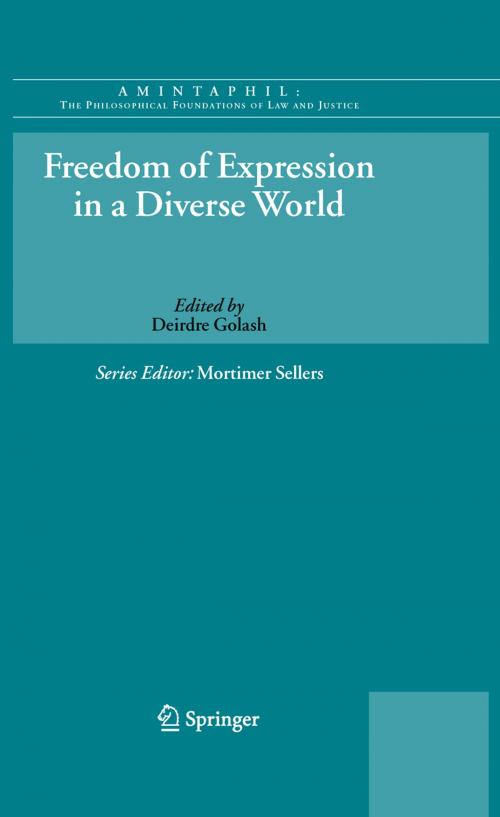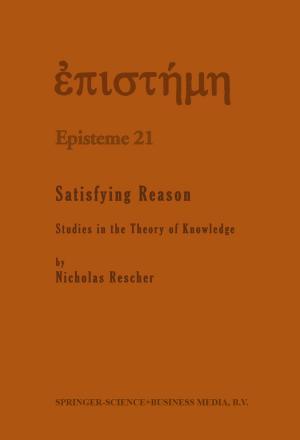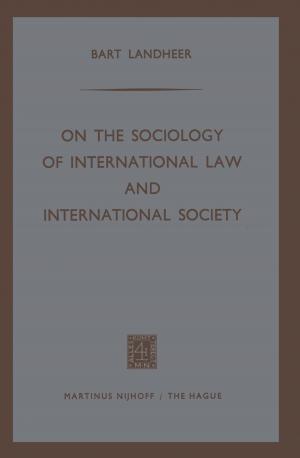Freedom of Expression in a Diverse World
Nonfiction, Reference & Language, Law, International, Social & Cultural Studies, Political Science| Author: | ISBN: | 9789048189991 | |
| Publisher: | Springer Netherlands | Publication: | July 1, 2010 |
| Imprint: | Springer | Language: | English |
| Author: | |
| ISBN: | 9789048189991 |
| Publisher: | Springer Netherlands |
| Publication: | July 1, 2010 |
| Imprint: | Springer |
| Language: | English |
The essays in this volume consider issues at the intersection of freedom of expression and racial, cultural, and gender diversity. The claims of those whose cultures and beliefs differ from our own are no longer the exclusive province of diplomats, as the Danish newspaper that published cartoons ridiculing Mohammed quickly learned. Negotiating the claims of freedom of expression as they come into open conflict with a wide diversity of viewpoints, both domestically and internationally, has become an increasingly complex task. The present volume seeks both to provide fresh insight into the philosophical grounds for limiting government restriction of expression and to address current tensions between freedom of expression and pluralism. The suppression of ideas by government is no doubt as old as government itself. Ideas help to keep governments in power, and opposing ideas can help them to lose it. As well, through most of the history of the world, the belief that some know b- ter than others what is true, what is right, and what is valuable has been sufficiently widespread to make it seem natural for those betters to dictate for the rest what they should believe. Just as clerics did not hesitate to dictate to their congregations, Christians did not hesitate to impose their beliefs on non-Christians in order to save their souls.
The essays in this volume consider issues at the intersection of freedom of expression and racial, cultural, and gender diversity. The claims of those whose cultures and beliefs differ from our own are no longer the exclusive province of diplomats, as the Danish newspaper that published cartoons ridiculing Mohammed quickly learned. Negotiating the claims of freedom of expression as they come into open conflict with a wide diversity of viewpoints, both domestically and internationally, has become an increasingly complex task. The present volume seeks both to provide fresh insight into the philosophical grounds for limiting government restriction of expression and to address current tensions between freedom of expression and pluralism. The suppression of ideas by government is no doubt as old as government itself. Ideas help to keep governments in power, and opposing ideas can help them to lose it. As well, through most of the history of the world, the belief that some know b- ter than others what is true, what is right, and what is valuable has been sufficiently widespread to make it seem natural for those betters to dictate for the rest what they should believe. Just as clerics did not hesitate to dictate to their congregations, Christians did not hesitate to impose their beliefs on non-Christians in order to save their souls.















